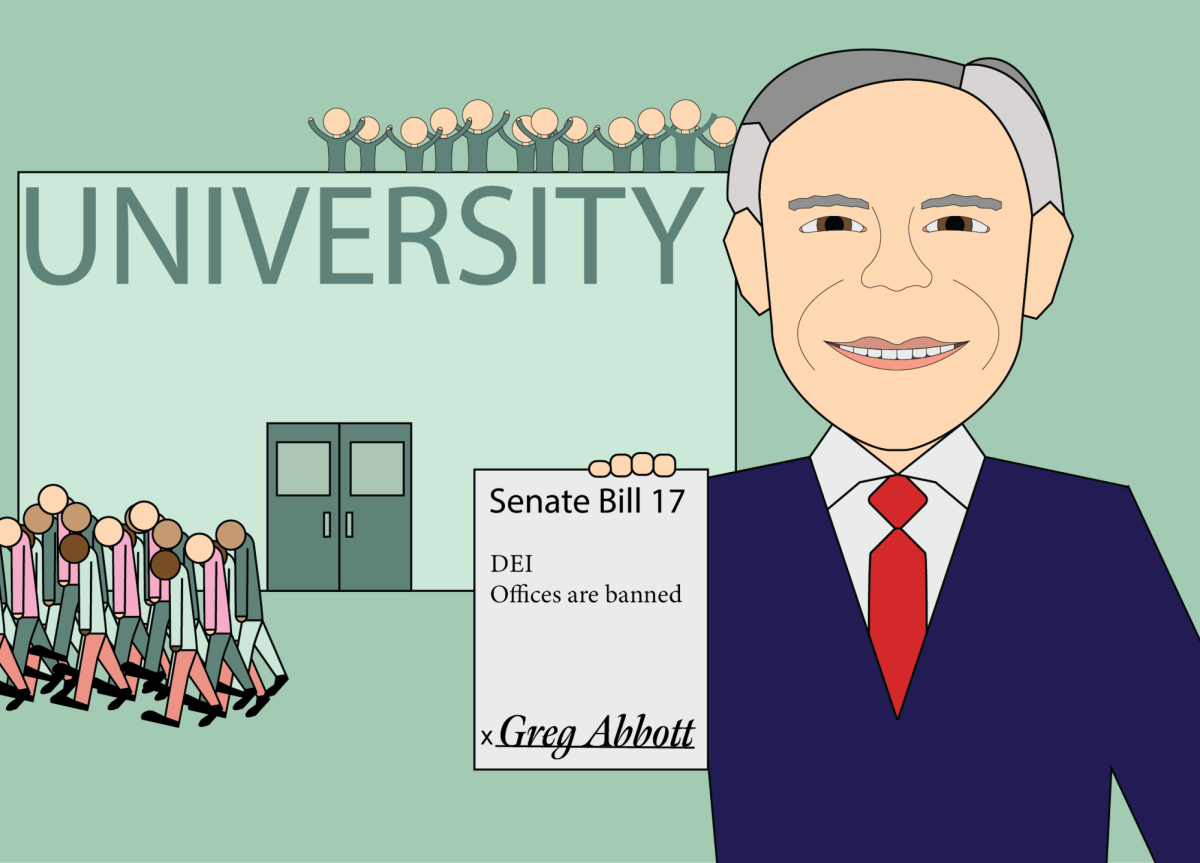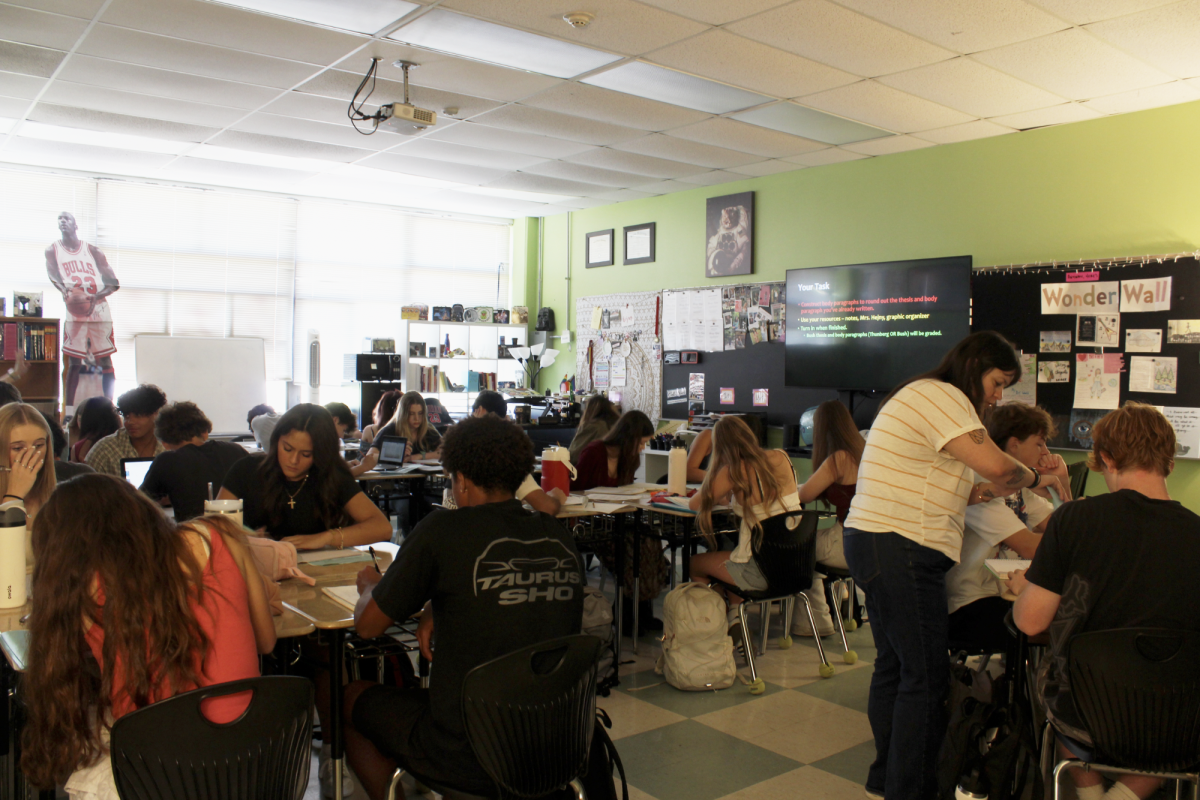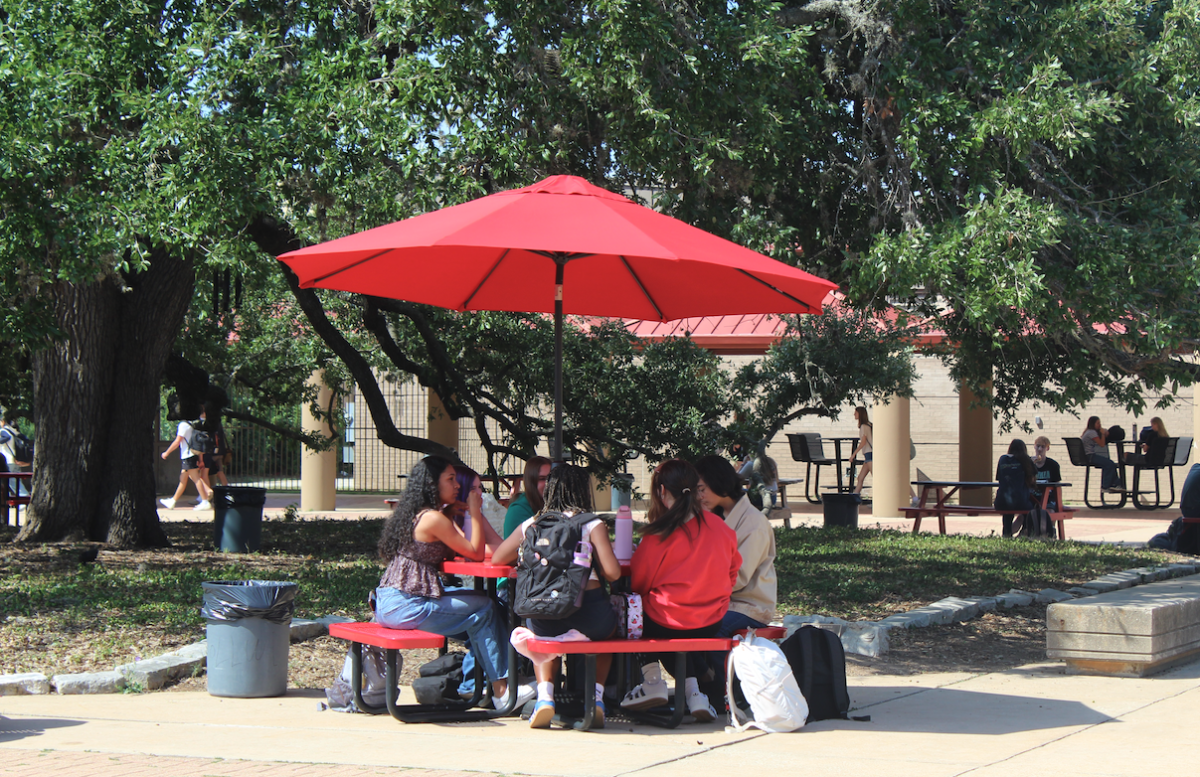On June 17, 2023 Texas Senate Bill 17 was passed. Following it’s passage, the impact of Texas Senate Bill 17 is reverberating throughout the state’s educational landscape, promoting a wave of reactions and adjustments among educators, administrators, and students. The legislation, which restricts the incorporation of diversity, equity and inclusion (DEI) program on college campuses. The law went into effect on January 1, 2024 it has elicited a range of responses and adaptions.
DEI offices on campuses help members of minority groups attain mentorships, tutoring opportunities, introduction into educational fields and they also help university faculty become more diverse.
“They [minority groups] have disadvantages against them, sophomore Shivani Dilip Latha said. “So, to take this helpful resource away completely will diminish the demographic of minorities that go to their colleges because now there is no rule stating that you can help students who are struggling.”
Following the law’s implementation many colleges and universities have scrambled to adapt to the new alterations in the law, causing many people on university campuses around Texas to lose their jobs. A source who would like to remain anonymous for their protection works on the University of Texas at Austin campus (UT) in the centralized academic unit and said they have seen the campus redesign certain programs to fit within the legal confines of the bill
“In most cases, there were name changes to programs and redesigns to programs that included a broadening of the groups they would serve,” the source said “The only programs that I know of for sure that were closed in full as of January 1 are the Multicultural Engagement Center and the Monarch Program. Some programs run out of the Division of Campus and Community Engagement (DECCE) were moved to different parts of campus. All 60+ staff laid off had formerly been in positions related to DEI.”
Campuses like UT they have multiple DEI related programs that are operating. According to the Austin American-Statesman The Gender and Sexuality Center closed and became the Women’s Community Center and The Office for Institutional Equity changed names to the Center for Access and Restorative Engagement. In addition staff resource groups now have to be registered and function autonomously.
“The closures and layoffs were justified by UT administration as being due to redundancies with other programs on campus, ” the source said. “Unfortunately, the university has not provided a comprehensive list of the programs that were closed or which positions were laid off.”
According to The Daily Texan Governor Greg Abbot plans to strengthen SB 17 in hopes of ensure universities comply with the law and don’t find loopholes. The bill has ignited national debate about the role of DEI offices and initiatives in public universities. There are concerns about the law’s effect on discussions about race, gender and sexuality .
“It doesn’t make sense because it just consistently shows that big universities and corporations only want to benefit themselves,” Dilip Latha said. “They are not trying to help the people of the working class.”
People on both sides of the bill are voicing their opinions on the potential impact of the bill and it has become a focal point over the future of education in Texas. Advocates are arguing that SB 17 seeks to further provide equality and fairness to all students regardless of race or gender sexuality by leveling the playing field.
“I think that someone who supports the bill doesn’t have a clear understanding of how this is beneficial,” sophomore Anna Leggate said. “They just don’t understand the impact taking away this resource is making.”
However, opponents express concerns about the potential consequences of this bill. Arguing that SB 17 weakens the efforts to create a more inclusive campus environment and recruit a diverse student body and staff.
“It’s trying to take opportunities away from kids of color to further help white children,” Dilip Latha said. “Everyone deserves equal opportunities in this situation. Equity over equality, because students of color systemically have disadvantages against them in every aspect of American society.”
The passage of the bill reflects broader national debates surrounding the role of DEI initiatives in education and public discourse. While some states have embraced measures to support diversity and equity in educational settings others, like Texas have taken a more restrictive approach.
“This bill will cause colleges around the United States to only cater to a certain demographic of people, mainly white,” Dilip Latha said. “That leads to the further lack of opportunity from people of color especially those who rely on race based entry to understand the system set up against them in hopes of better futures.”
According to the source many UT faculty and staff are concerned to speak up and voice their opinions due to the lack of transparency and the over-compliance of the university. Especially after the mass firing of 66 staff members on April 2 to illustrate the university’s compliance to Senate Bill 17. According to The Daily Texan the university declined to comment further on the changes to the DCCE.
“A lot of staff are scared to talk for fear of reprisal either from the university or to the university by the legislature,” the source said.
Texas isn’t the only state to enact this bill. It is one of three states to have passed it, the others being Tennessee and Utah. The bill has also been introduced in over 30 states during their current legislative session.
“Introducing the bill to other states is not a good idea,” Dilip Latha said. “I think we should take it out of the states it is already implemented in, because it’s affects the amount of diversity on college campuses. This in turn leads to a unanimous point of view on topics that should be covered in various ways through a diverse student body.”
This law will be in effect for the foreseeable future and will continue impact current high school students all across Texas. Students will no longer have access to this resource and will be responsible for finding opportunities for themselves without the assistance of the Diversity, Equity am Inclusion departments.
“The university had made great strides over the years to develop communities and cohorts so people could find their place of belonging in the university and feel more connected and more than just a number,” the source said. “The changes to the programs that are continuing and the shuttering of other programs undo so much of those efforts and also may leave students feeling lost and floundering to find their place.”







